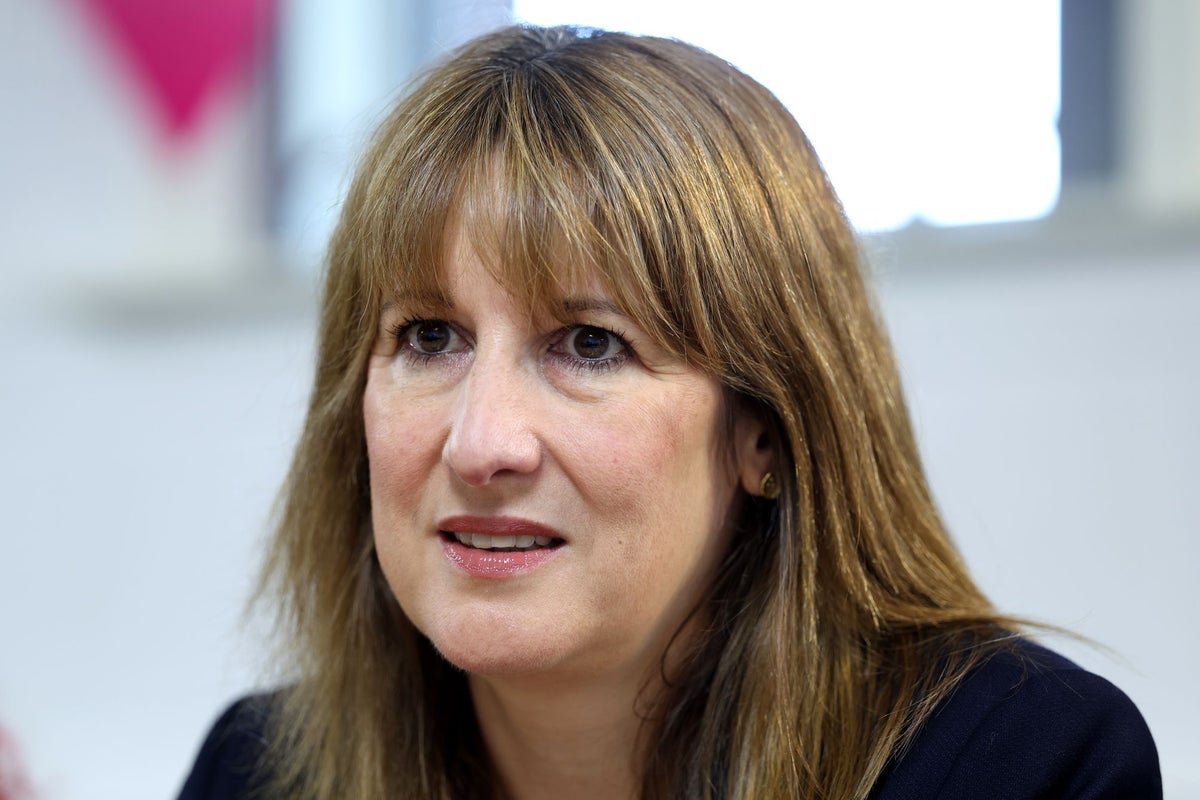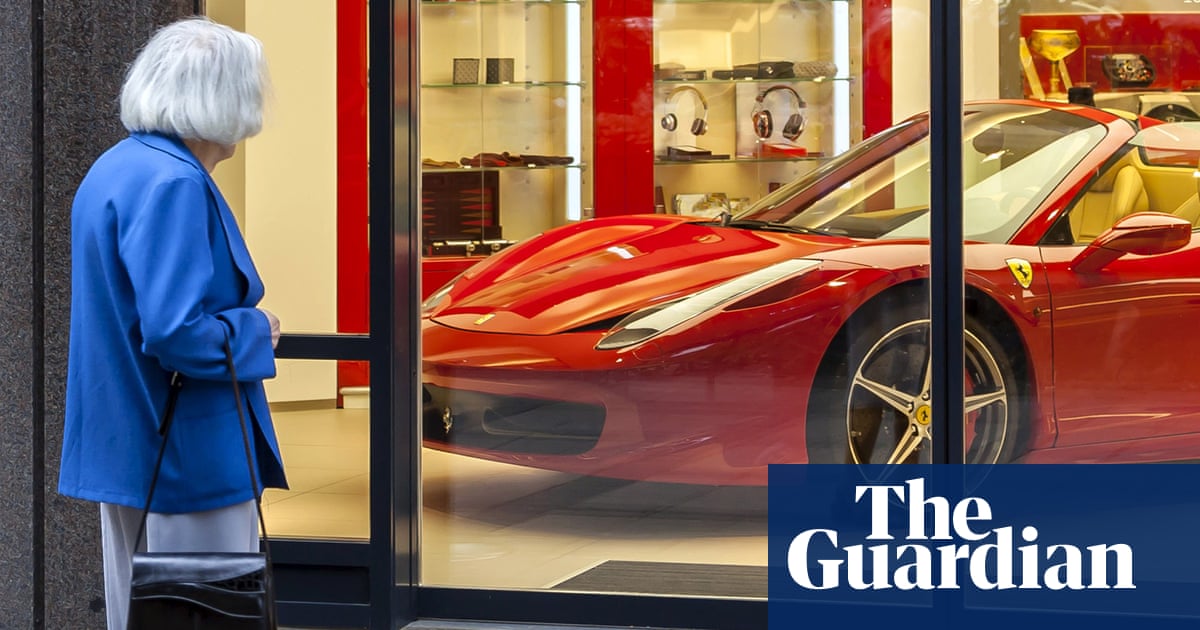#uk-economy
#uk-economy
[ follow ]
#inflation #journalism-funding #reproductive-rights #fiscal-policy #brexit #interest-rates #bank-of-england
UK politics
fromLondon Business News | Londonlovesbusiness.com
1 week agoUK wage slowdown red flag for investors - London Business News | Londonlovesbusiness.com
Slowing wage growth alongside unchanged unemployment signals waning UK labour-market momentum and is likely to prompt investors to reassess Britain’s growth outlook.
fromLondon Business News | Londonlovesbusiness.com
1 week agoSlight relief for UK business as insolvencies ease - London Business News | Londonlovesbusiness.com
"While it encouraging to see insolvency rates decrease, we know that big name brands are struggling and the outlook for 2026 is far from rosy. Retailers and hospitality businesses who had hoped for more support from the Autumn Budget are now facing increased uncertainty. It seems as though the New Year may already see another Government U-turn, this time backing down on plans to scrap business rates relief for pubs that has been in force since the pandemic."
UK news
UK politics
fromLondon Business News | Londonlovesbusiness.com
1 week agoFTSE 100 hits new high despite pullback for oil and precious metals - London Business News | Londonlovesbusiness.com
Falling gilt yields signal market bets on weaker inflation and more BoE cuts, easing fiscal headroom while political risk from the SACKO trade persists.
fromBusiness Matters
1 month agoUK set to become world's fifth-largest economy by 2040, but living standards slip
The UK is on course to overtake Japan and become the world's fifth-largest economy by the end of the next decade, according to new long-term projections from Centre for Economics and Business Research (CEBR). In its latest global outlook, the think tank forecasts that Britain's gross domestic product will rise from just under $4 trillion in 2025 to around $6.8 trillion by 2040, lifting the country back into the global
Miscellaneous
fromBusiness Matters
1 month agoRachel Reeves sets early March date for spring statement as OBR prepares forecast
Rachel Reeves has confirmed that she will deliver an early spring statement on 3 March, as the Treasury moves to restore confidence after a year in which prolonged tax speculation was blamed by businesses for weakening the UK economy. In announcing the date, the Treasury said the chancellor had formally asked the Office for Budget Responsibility to prepare updated forecasts for the economy and the public finances.
UK politics
fromwww.independent.co.uk
1 month agoRachel Reeves hit by fresh blow as UK economy growth slows down again
Whether it's investigating the financials of Elon Musk's pro-Trump PAC or producing our latest documentary, 'The A Word', which shines a light on the American women fighting for reproductive rights, we know how important it is to parse out the facts from the messaging. At such a critical moment in US history, we need reporters on the ground. Your donation allows us to keep sending journalists to speak to both sides of the story.
UK news
UK politics
fromwww.theguardian.com
1 month agoA warning for Keir Starmer: Brexit is falling apart, but if you are not bold on Europe, your Labour rivals will be | Tom Baldwin
Keir Starmer accepted Brexit while criticizing its economic damage and courting Leave-leaning voters, shifting from his earlier, more pro-Remain stance.
UK politics
fromwww.independent.co.uk
1 month agoInterest rate cut next week nailed on' as UK economy grows just once in seven months
Economic contraction in October increases likelihood of a Bank of England interest rate cut to 3.75%, while The Independent emphasizes accessible journalism funded by donations.
fromBusiness Matters
1 month agoUK shoppers pull back on Black Friday as concerns grow over weakening economy
Fears over the strength of the UK economy appear to have kept shoppers away from high streets on Black Friday, adding to growing evidence that consumer caution will weigh heavily on growth into 2026. Footfall across all shopping destinations fell by 2% on Friday and was 7.2% lower than the equivalent days last year, according to data from monitoring firm MRI Software. Only locations close to central London offices bucked the trend, seeing a slight lift as workers browsed stores during breaks
Miscellaneous
fromwww.bbc.com
2 months agoBanking giant to build 10bn tower at Canary Wharf
PA Media Global banking giant JP Morgan Chase has announced plans to build a new tower in Canary Wharf, claiming it will boost the UK's economy by 10bn. The firm said at three million square feet (280,000 sq m), the building would have double the space of Britain's current tallest building, the Shard. It will hold about 12,000 of its staff and be its most significant presence in Europe, the Middle East and Africa (EMEA).
UK news
fromwww.bbc.com
2 months agoUK economy growth forecasts lowered from next year
The UK economy is expected to grow at a slower rate than previously expected from next year, the government's official forecaster has said. The Office for Budget Responsibility (OBR), which maps out how the economy is set to perform based on the government's tax and spending policies, increased its growth expectations for this year, but downgraded its forecast for the following four.
UK news
fromLondon Business News | Londonlovesbusiness.com
2 months agoSMEs 'are stuck in wait mode' amid Reeve's Budget weighs on confidence - London Business News | Londonlovesbusiness.com
BDO's Output Index rose to 97.49 in October, up from 96.25 in September. This marks its largest monthly improvement since December 2024, when the UK economy grew off the back of strong consumer-facing sectors, including leisure activities such as pubs and bars, likely boosted by last year's festive period. Both the services and manufacturing sectors contributed to October's rise, with easing cost pressures such as lower-than-expected inflation, which in turn increased domestic demand driving improvement in services output.
Miscellaneous
fromBusiness Matters
2 months agoBusiness leaders unite to celebrate a decade of UK B Corps
"When someone says they are a B Corp, or even going through the process, I understand they really mean it," she said. "It's not easy, and the framework gives businesses structure and purpose. If you measure your business purely on profit, you are missing the point."
UK news
UK news
fromLondon Business News | Londonlovesbusiness.com
2 months agoUK growth slowdown sparks recession fears ahead of Budget - London Business News | Londonlovesbusiness.com
UK growth slowed to 0.1% while unemployment rose to 5%, increasing recession risk and revealing vulnerability to shocks such as the Jaguar Land Rover production halt.
fromLondon Business News | Londonlovesbusiness.com
2 months agoRachel can't tax her way out of a downward economic spiral in the Budget - London Business News | Londonlovesbusiness.com
The Office for National Statistics (ONS) latest report shows that growth is down to just 0.1%, unemployment is up to 5% and the expectation is it that this will not improve. The economy is in a downward spiral; Labour cannot pull the country out of the fiscal black hole with tax rises alone, ultimately, spending needs to come down and fast.
UK politics
UK politics
fromLondon Business News | Londonlovesbusiness.com
2 months agoFTSE loses 22bn and the pound sinks thanks to the Chancellor - London Business News | Londonlovesbusiness.com
Pound hits a seven-month low and UK equities lose about £22 billion amid pre-Autumn Budget uncertainty and no clear confirmation on potential tax rises.
fromwww.theguardian.com
2 months agoUK economy doomed' under Labour, says Ryanair chief
Michael O'Leary, the chief executive of the budget airline, hit out at Rachel Reeves, accusing the chancellor of failing to deliver on her programme of economic growth. The UK economy under the current leadership is doomed, he said. The UK badly needs growth, but the way to deliver growth is through selective tax cuts you are not going to grow the UK economy by taxing wealth or by taxing air travel.
UK politics
Miscellaneous
fromLondon Business News | Londonlovesbusiness.com
3 months agoCity investors eye alternative assets in tough UK economy - London Business News | Londonlovesbusiness.com
London investors are shifting into gold, commodities and alternative assets to protect value amid weak UK growth, sticky inflation, and volatile markets.
UK politics
fromwww.theguardian.com
3 months agoToo many want to do Britain down Labour will defy the doomsayers and beat the forecasts | Rachel Reeves
Britain's economy has strong foundations with rate cuts, trade deals, rising wages, and major investment, but faces productivity and cost-of-living challenges.
UK politics
fromwww.theguardian.com
3 months agoReeves's pledge to save firms 6bn by cutting red tape dismissed as not remotely serious' by Tories UK politics live
UK government claims debt-to-GDP is stable while pursuing investment-led growth; European leaders back current Ukraine front line for negotiations and reject border changes by force.
UK politics
fromLondon Business News | Londonlovesbusiness.com
3 months agoMillions of Brits are not investing amid lack of information from the Chancellor - London Business News | Londonlovesbusiness.com
Fear of losing money, not lack of information, is the primary reason millions of UK adults avoid investing despite £430bn in savings.
fromLondon Business News | Londonlovesbusiness.com
3 months agoService output fell at steepest rate since September 2022 amid higher costs - London Business News | Londonlovesbusiness.com
The UK's post-summer economic rebound has been short-lived, according to the latest Business Trends report from business advisory and accountancy firm BDO LLP. BDO's Output Index declined to 98.53 in September, down from 101.21 in the previous month and falling below the 100-point threshold which represents long-term average growth levels over the past 15 years. After exceeding 100-points in August for the first time in over three years, September's decline signals that UK business momentum has once again stalled.
Miscellaneous
UK politics
fromFortune
3 months agoUK treasury chief says 'harsh global headwinds' from wars and tariffs are harming the country's economic outlook | Fortune
Worsening global shocks — wars, U.S. tariffs, and higher borrowing costs — have weakened the U.K. economy, prompting possible tax changes and targeted investments.
UK news
fromLondon Business News | Londonlovesbusiness.com
4 months agoNext sees sales growth slowing amid gloomy UK economic backdrop - London Business News | Londonlovesbusiness.com
Next shares fell 6% after the retailer warned the UK economy is likely to weaken and described the medium-to-long-term outlook as unfavourable.
fromwww.theguardian.com
4 months agoNext shares slide as retailer warns on weak UK growth and jobs
The medium- to long-term outlook for the UK economy does not look favourable. To be clear, we do not believe the UK economy is approaching a cliff edge, Next's half-year earnings report said. At best we expect anaemic growth, with progress constrained by four factors: declining job opportunities; new regulation that erodes competitiveness;, government spending commitments that are beyond its means; and a rising tax burden that undermines national productivity.
Business
fromwww.bbc.com
4 months agoAI could boost UK economy by 10% in five years, says Microsoft boss
Microsoft says its new $30bn (22bn) investment in the UK's AI sector its largest outside of the US - should significantly boost Britain's economy in the next few years. Its package forms a major part of a $31billion agreement made between the UK government and various other US tech giants, including Nvidia and Google, to invest in British-based infrastructure to support AI technology, largely in the form of data centres. Microsoft will also now be involved in the creation of a powerful new supercomputer in Loughton, Essex.
Artificial intelligence
fromBusiness Matters
4 months agoGoogle pledges 5bn UK investment and opens Hertfordshire datacentre amid Trump visit
Google has unveiled plans to invest an additional £5 billion in the UK over the next two years, in a move it says will help expand the country's artificial intelligence economy, create thousands of jobs and accelerate breakthroughs in science and technology. The announcement coincides with the state visit of US President Donald Trump, during which major technology and energy deals are expected to dominate the agenda. The investment will include significant spending on Google's infrastructure, research and engineering teams, as well as support for Google DeepMind, its London-based AI arm. The company said the expansion would generate 8,250 " new AI-driven jobs " in Britain.
Artificial intelligence
UK news
fromLondon Business News | Londonlovesbusiness.com
4 months agoNIESR highlights Rachel is facing a 'trilemma' how to pay for her spending plans - London Business News | Londonlovesbusiness.com
The Chancellor faces a fiscal trilemma while the UK endures sluggish growth, modest GDP upgrades for 2025, and weak business investment recovery.
Business
fromLondon Business News | Londonlovesbusiness.com
4 months agoEmployment falls to lowest level since October 2012 on Starmer's watch as hiring slowdown deepens - London Business News | Londonlovesbusiness.com
UK economic output strengthened in August to its highest since 2021, led by services growth while manufacturing and the labour market remained weak.
[ Load more ]

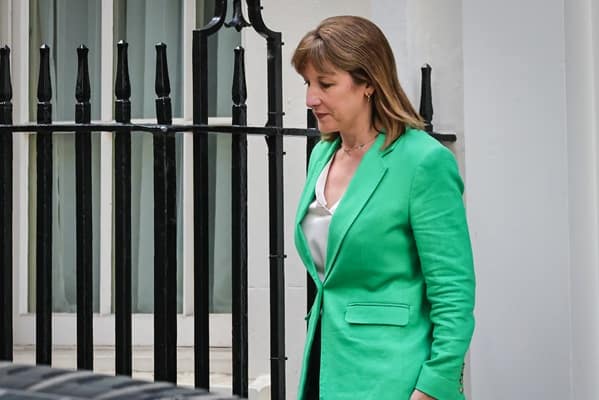

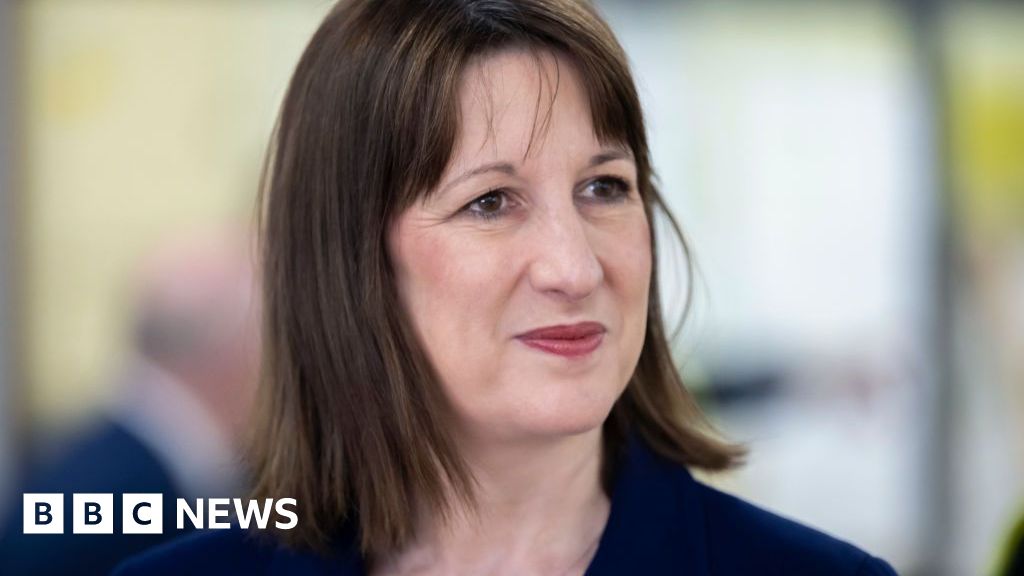
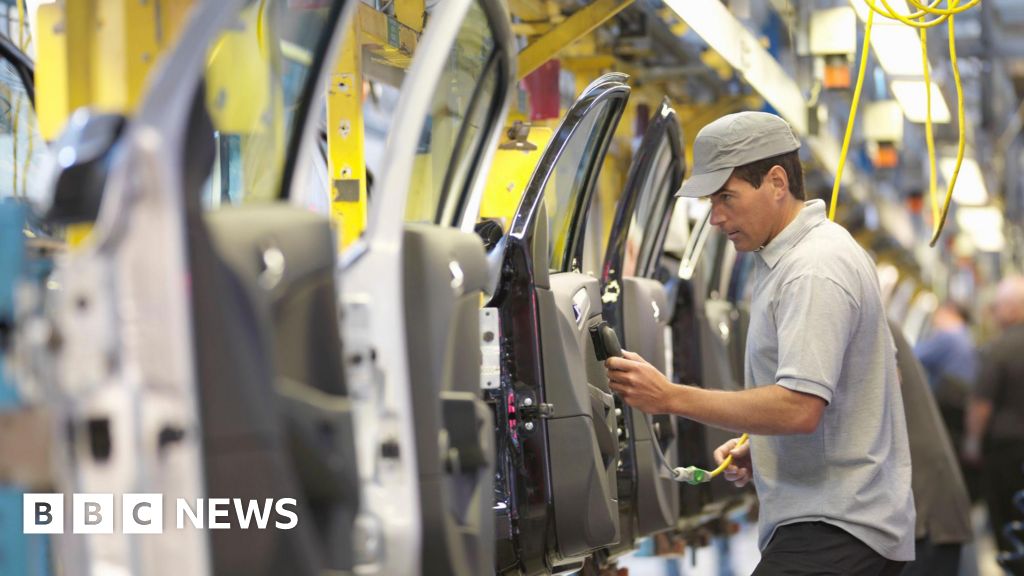
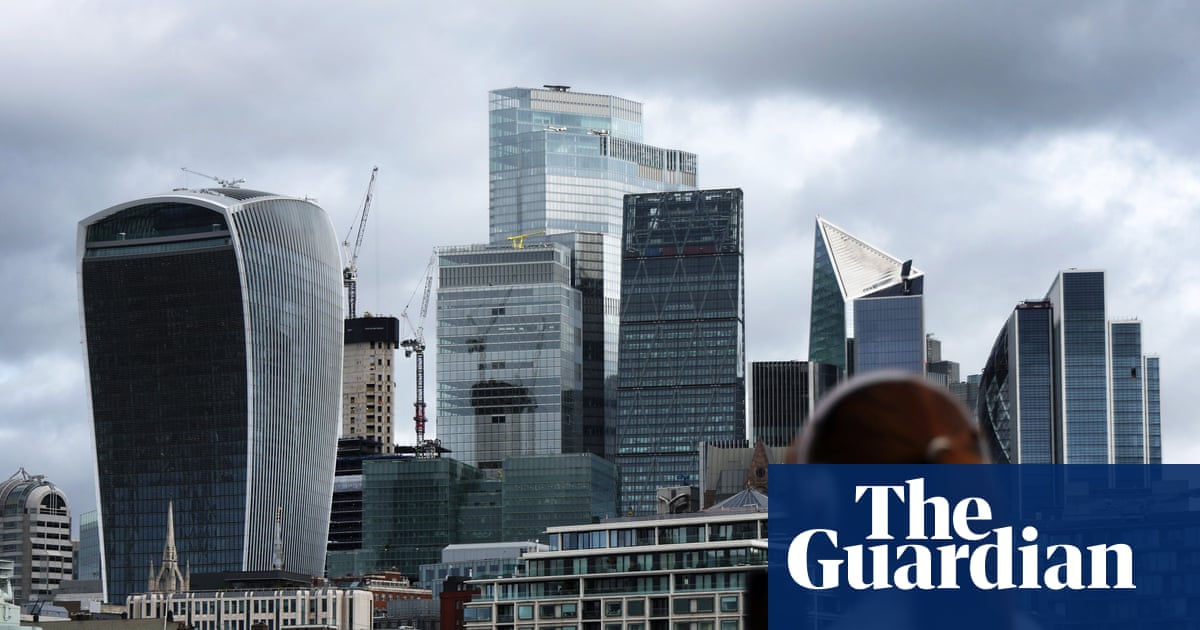

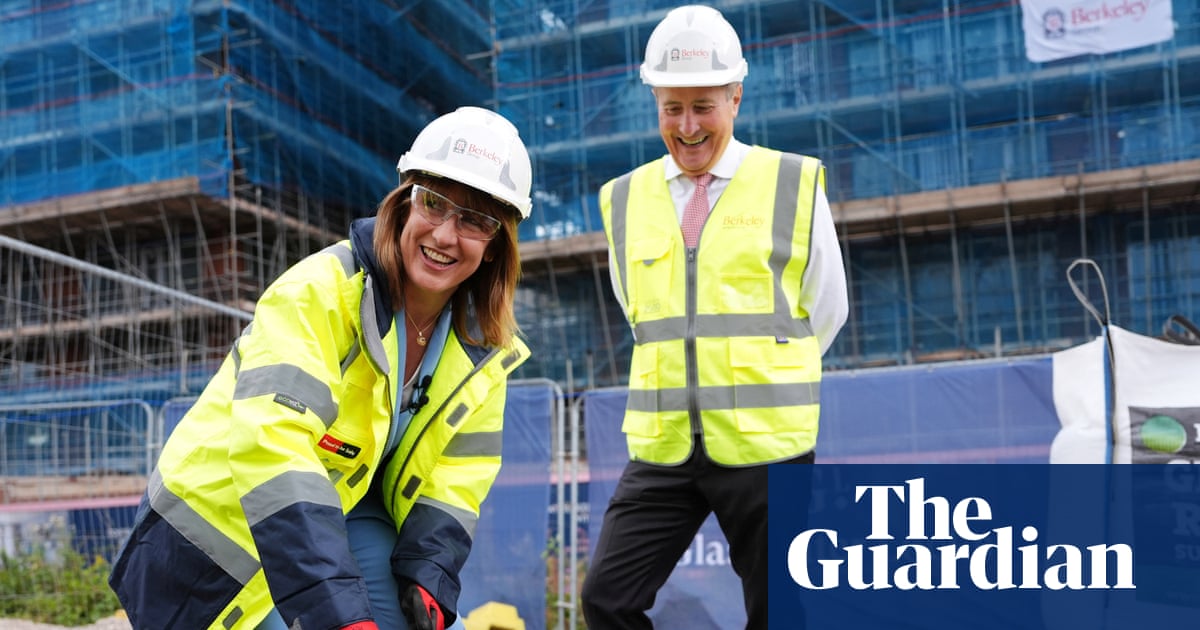

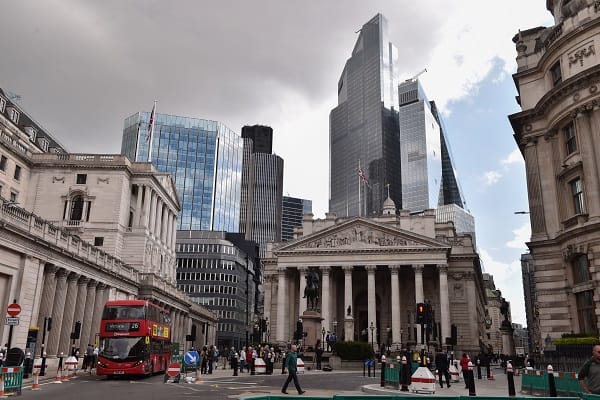
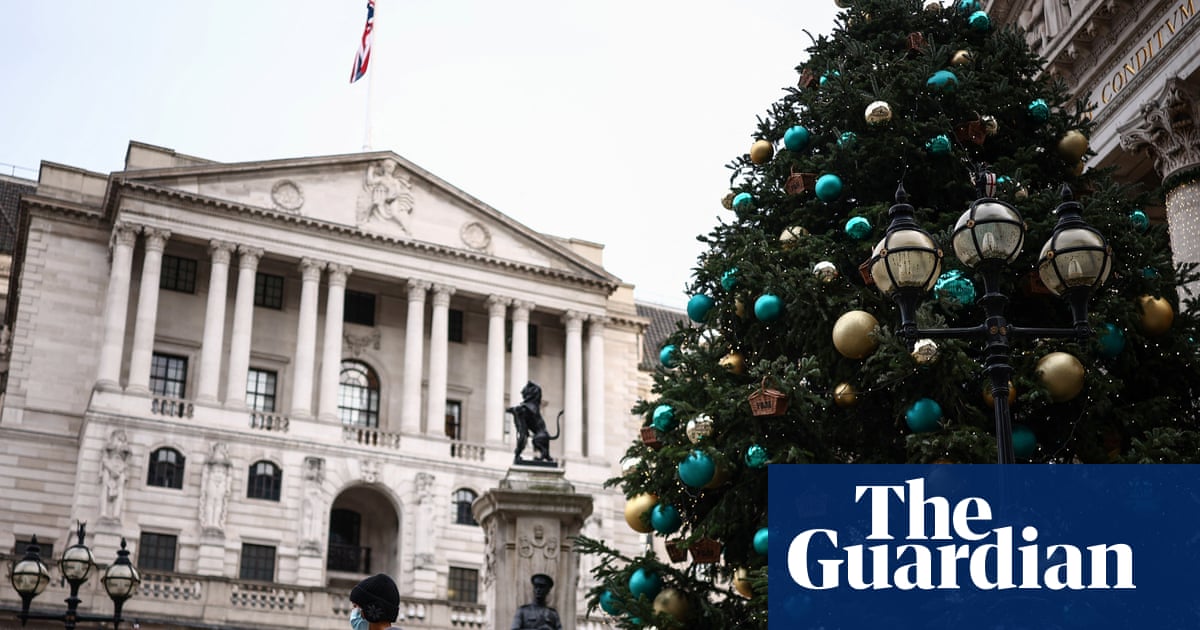



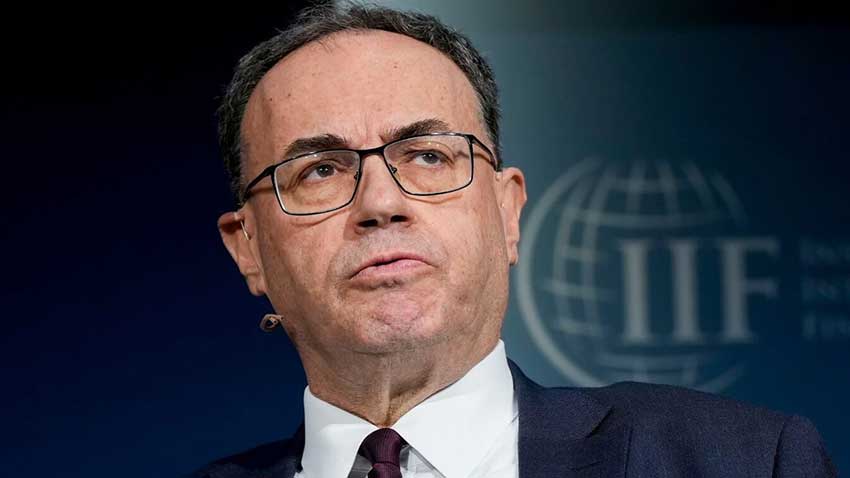

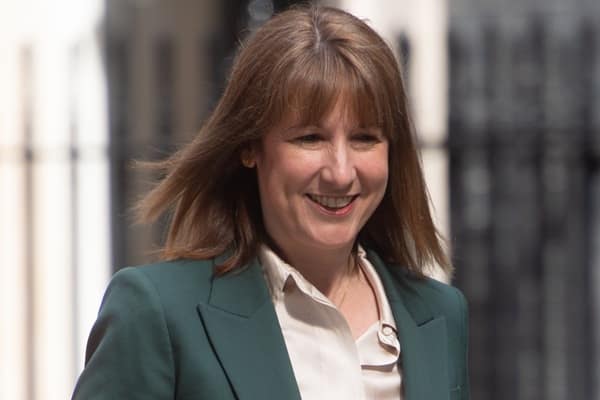
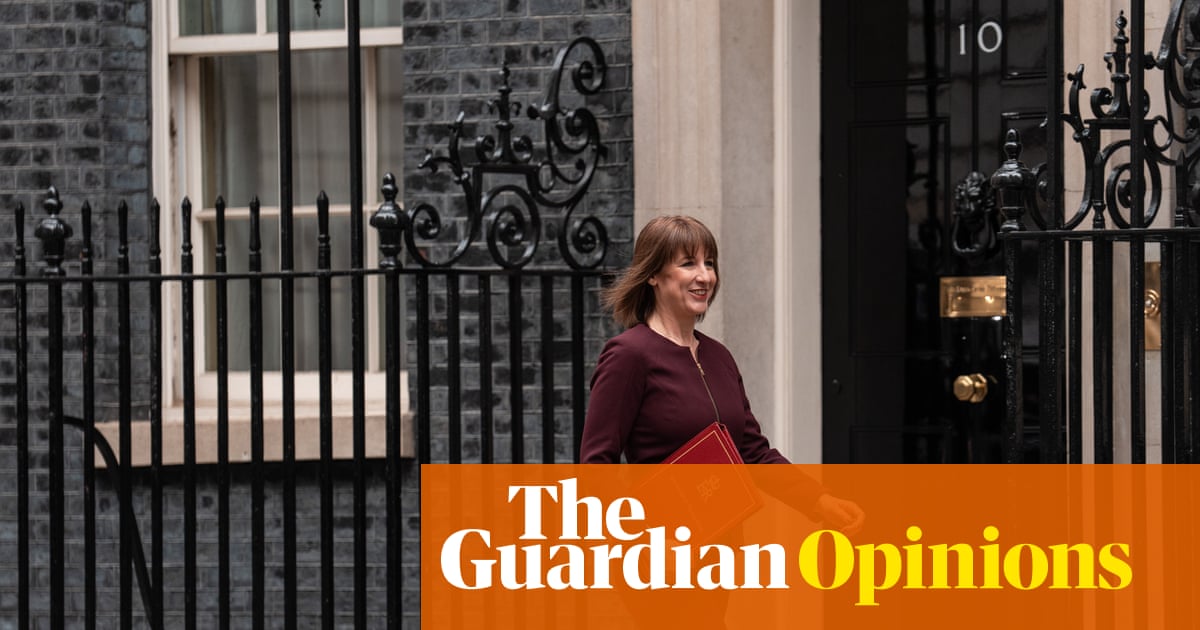



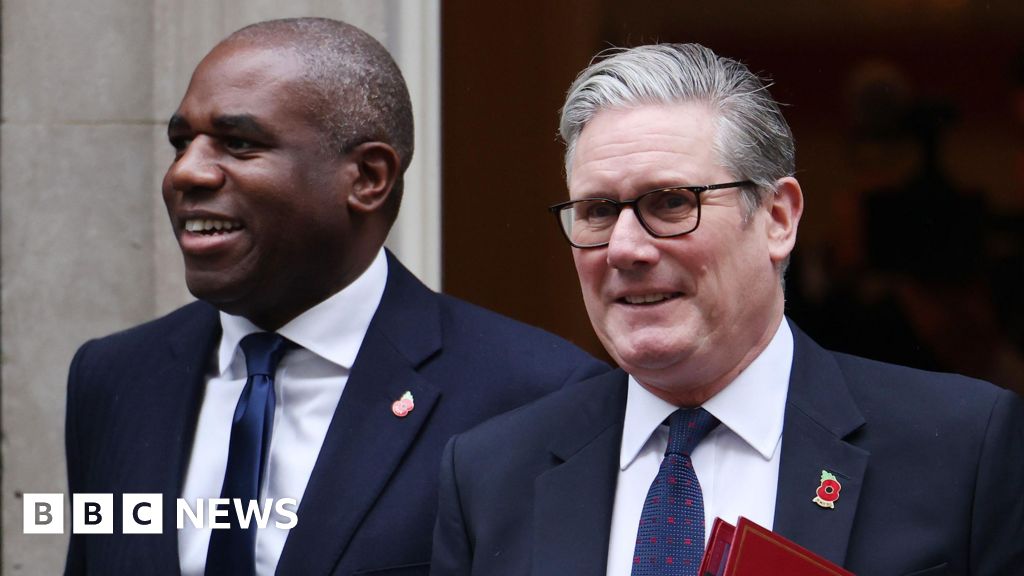

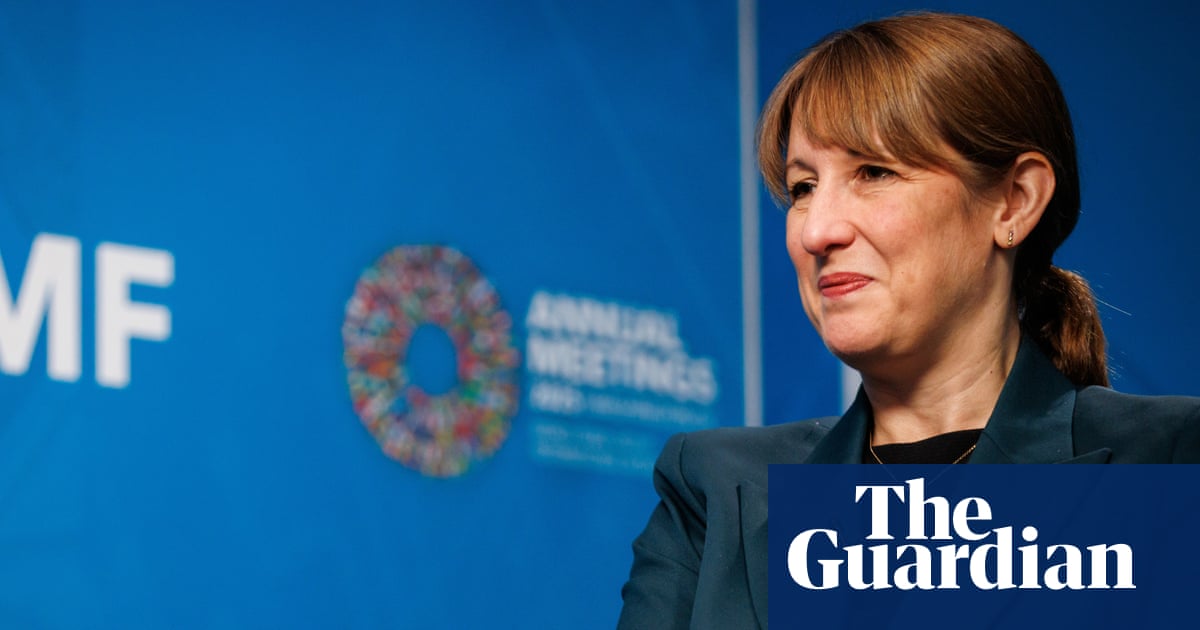
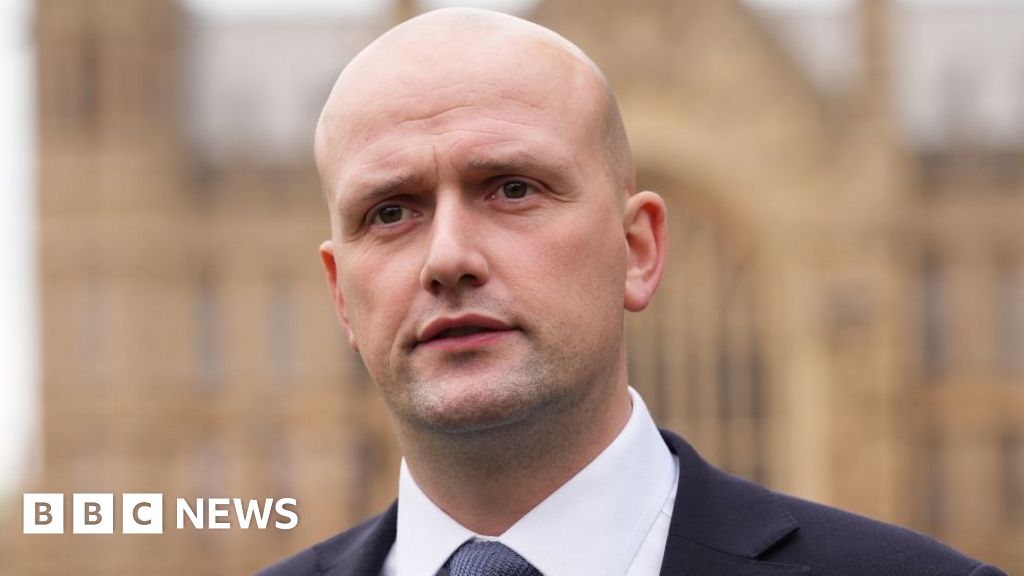
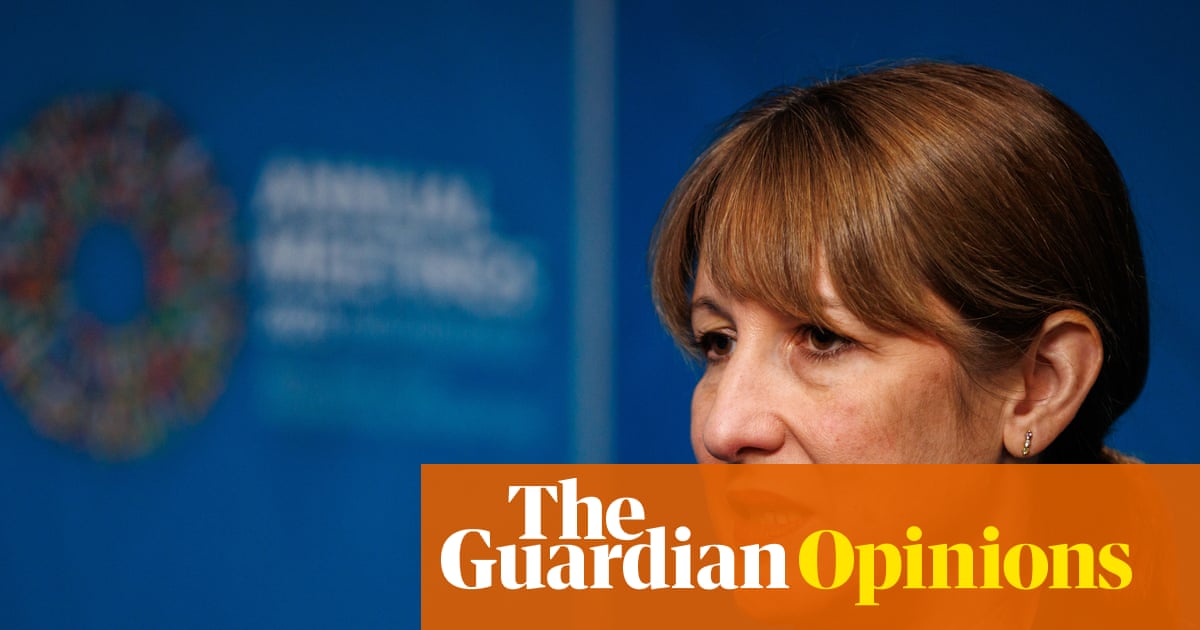
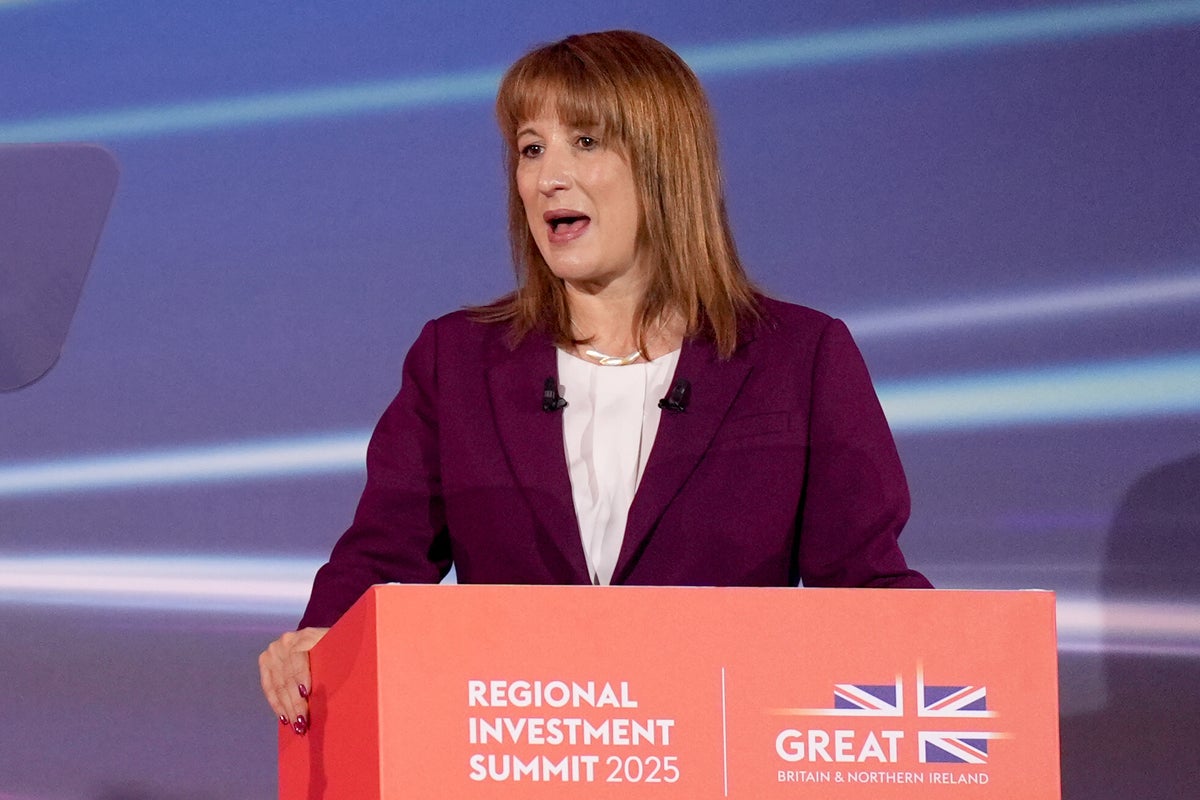






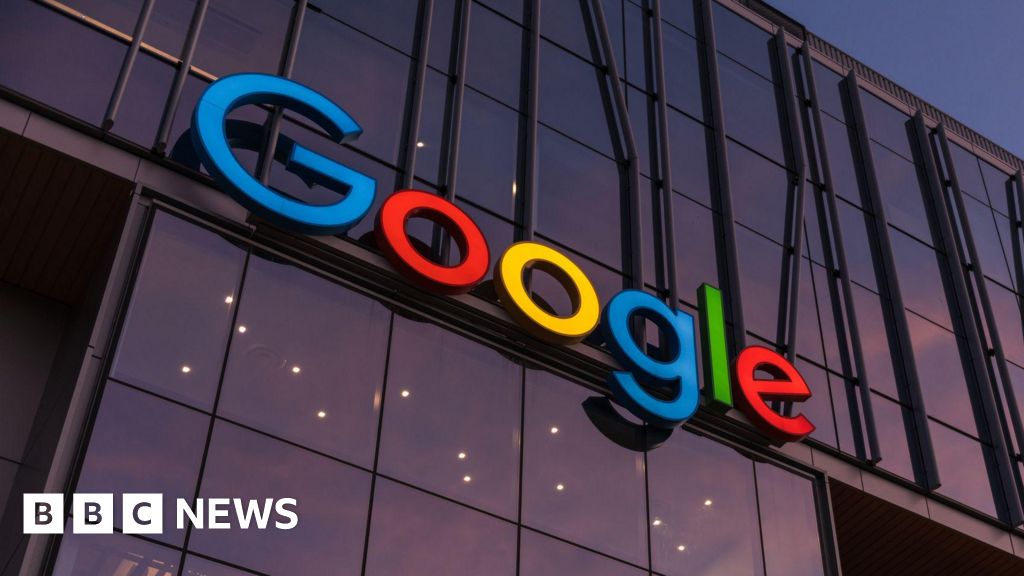




.jpg?trim=0,0,0,0&width=1200&height=800&crop=1200:800)



